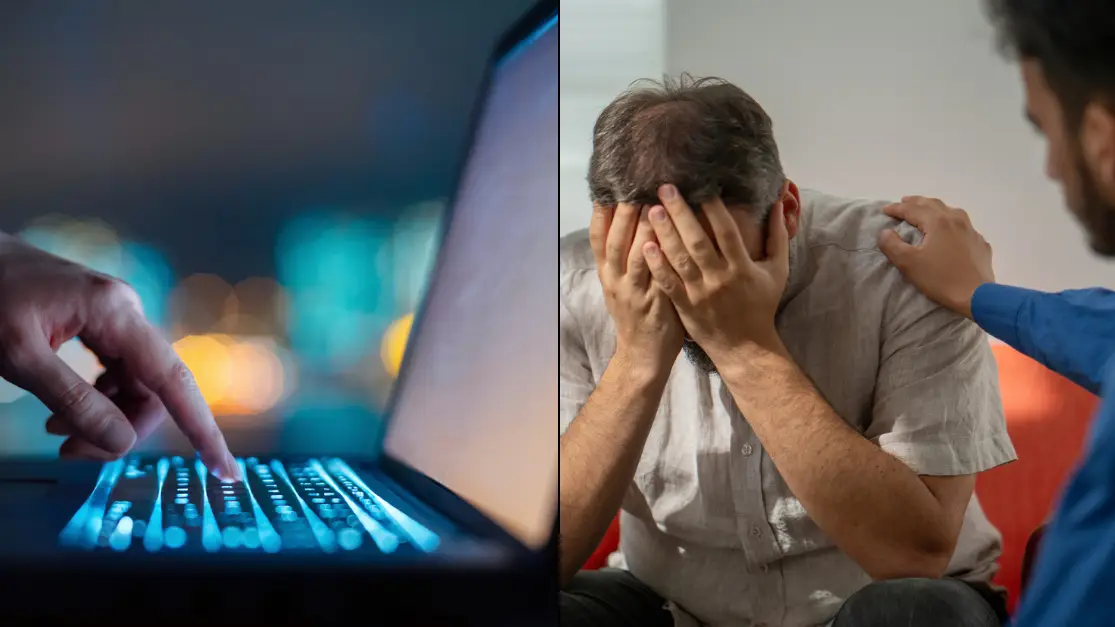
A psychiatrist has spoken about six ways you might try to get over a porn addiction.
Experts have said that it's not a recognised diagnosis, but a lot of people suffer from it and some of them will try to seek help.
There are signs to be on the lookout for, but once you're sure you have it, there are things you can do to try and tackle the issue.
Speaking to the Daily Star, psychiatrist Dr. Michael Olla sorted out six things you could do to try and beat the habit.
Advert
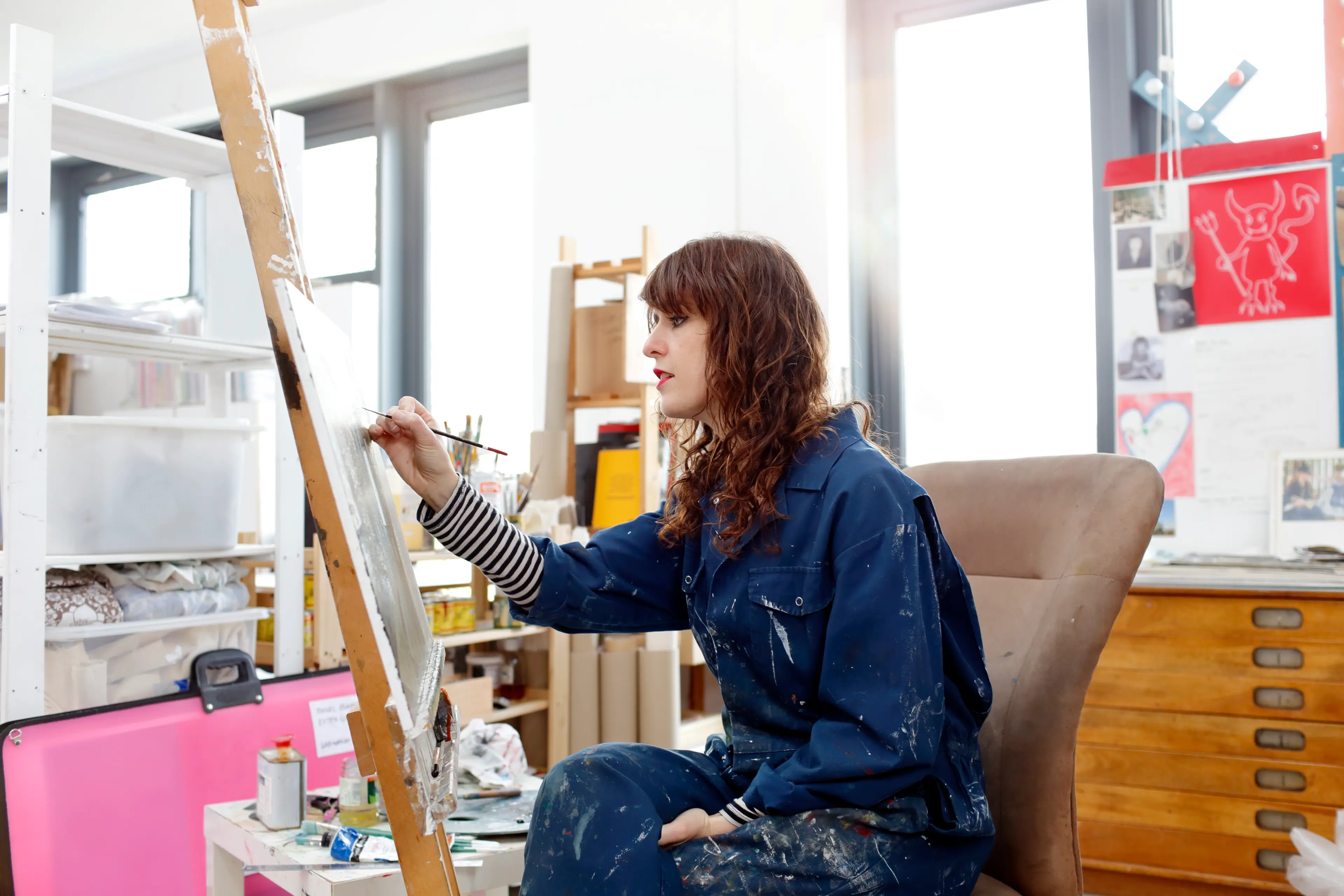
Find some hobbies
For people with a porn addiction, it's something that may very well occupy a lot of their spare time, so it might be an idea to keep your daily schedule busy with other things.
The psychiatrist said that trying to 'replace compulsive behaviours with positive activities' could help with 'retraining our brains to seek pleasure from healthier sources'.
Working out what else you could do with your time might be a major boon.
Another expert said one of the biggest signs of porn addiction was it coming to dominate your day-to-day life, squeezing out the time for other things.
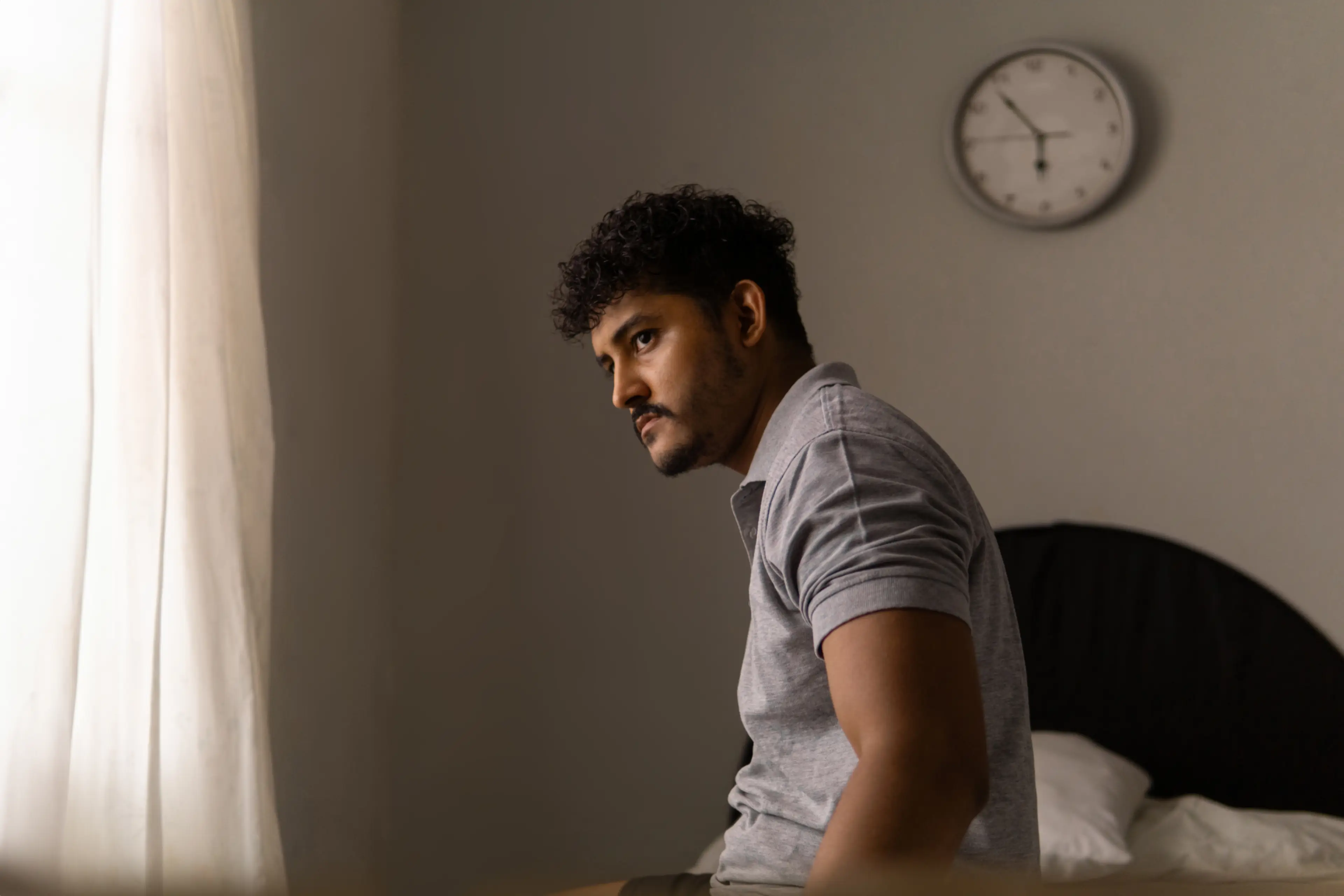
Get to the root of the issue
Rather than just trying to make sure you have no time for porn, it might be an idea to tackle the root cause.
Dr Olla talked about figuring out what underlying triggers might be fuelling your addiction.
He said: "Sometimes past trauma will lead people to escape into porn to distract them from reality.
"Like any addiction, the compulsion surfaces to suppress emotions or divert attention from problems both externally and internally."
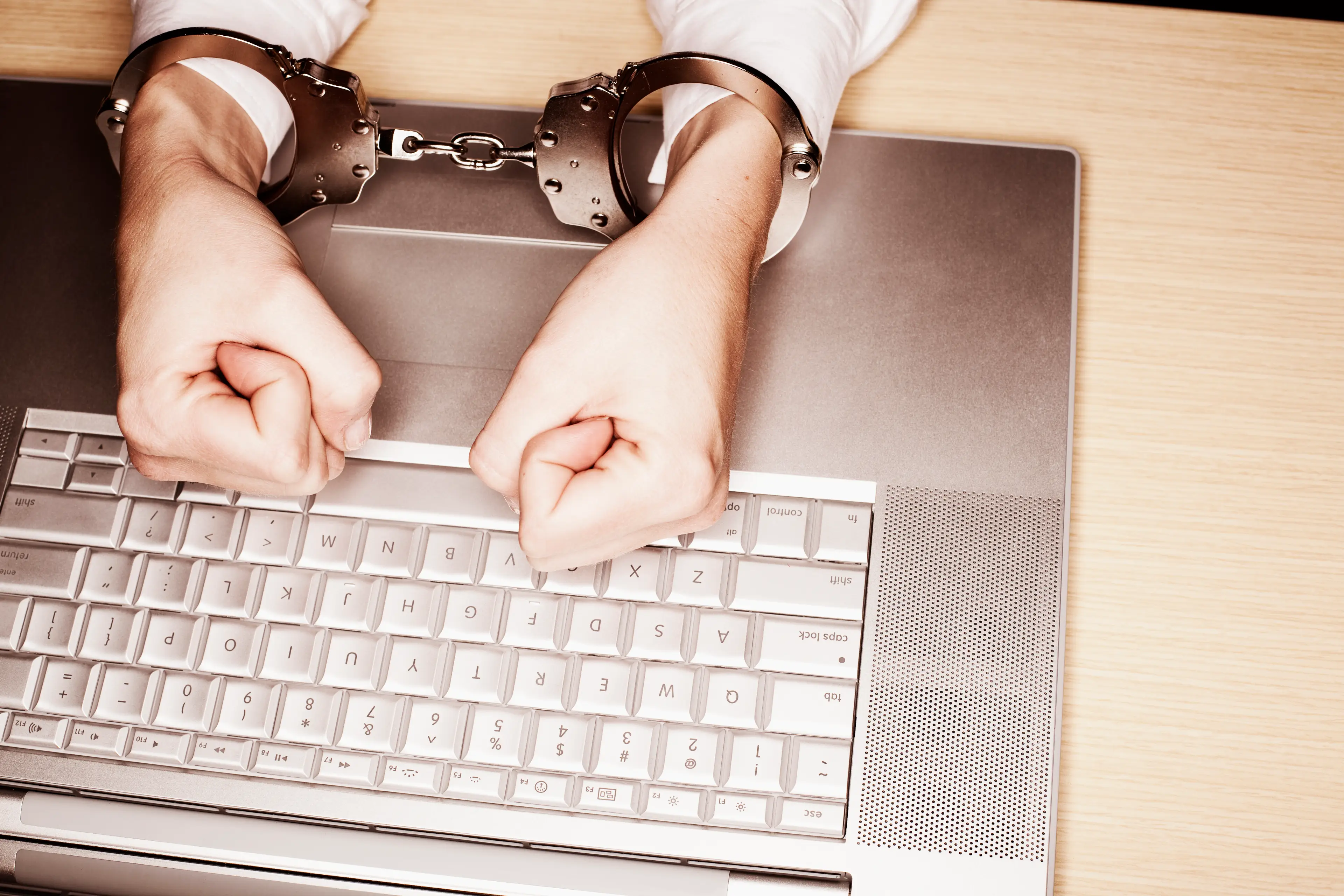
Put up some boundaries
With our modern world of technology, there's so much content right at our fingertips, with just a few taps you can pull up all sorts of things.
That includes porn, which is a problem if you're trying to kick the habit.
The psychiatrist recommended that you try and limit your time using devices and perhaps even designate some parts of your home as 'tech free zones'.
He said it could help with 'reducing exposure to triggers'.
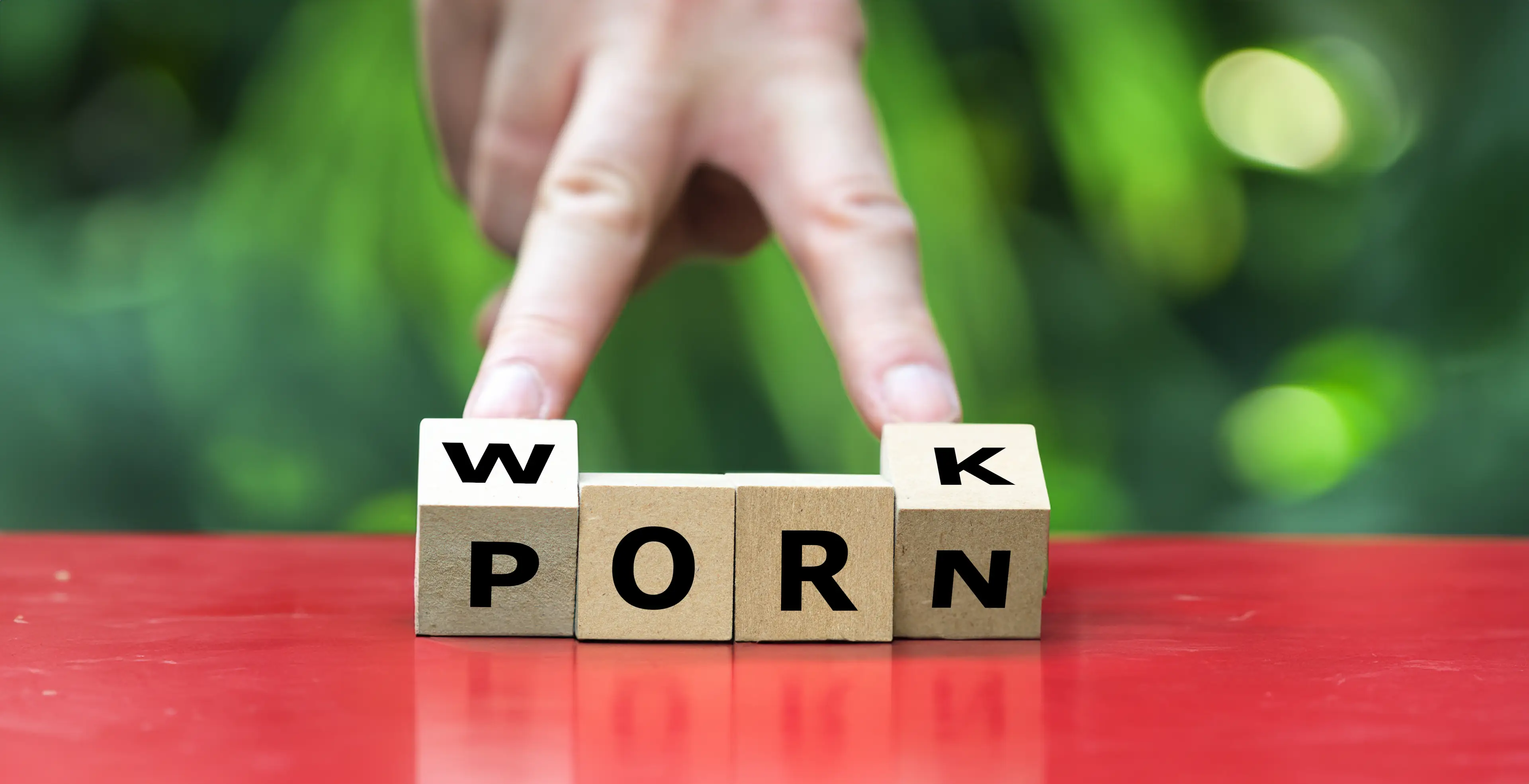
Get by with a little help from your friends
Would you be able to spot someone with an addiction just by looking at them, or could it even elude you if they were among your group of friends?
According to Dr Olla, you might find some people close to you are struggling with something similar and you might be able to lean on each other for support.
Getting a friend or family member to hold you accountable could be 'less isolating and more manageable' according to the psychiatrist, who said they could 'help you set realistic goals and celebrate progress'.

Seek professional advice
A professional would tell you that, but it's true.
There are people out there with the knowledge and training to help you with your addiction, so they know what to look out for and how to help you.
The psychiatrist said that getting help from a trained professional could get you 'a structured approach to recovery' and put you in contact with a community of people who could offer you support.
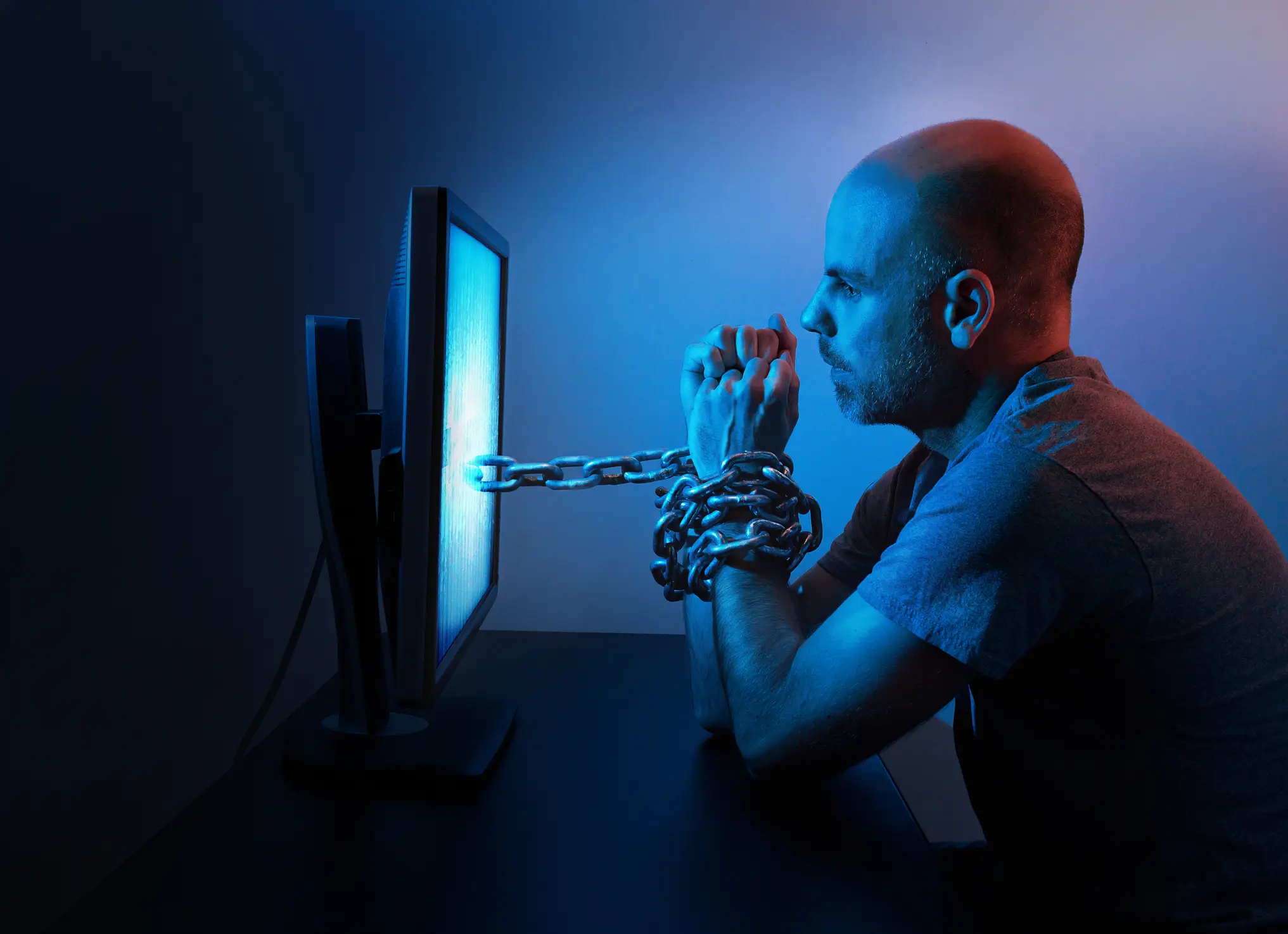
Patience is a virtue
"Progress is not linear in any situation and recovery is no different - as long as you work every day to improve your life, it doesn’t matter how you get there," the doc said.
Sadly, it's not as simple as doing some of the things on this list and then your addiction is magically gone.
The early stages in particular will be difficult as your body suffers from a loss of dopamine and your brain starts adapting.
It may feel lonely and difficult, with the first two months in particular being tricky, but given enough time it'll help.
Topics: Health, Mental Health, Sex and Relationships